Surviving and thriving in the great outdoors with the tiniest campers in tow—because it’s not just possible, it’s unforgettable.
Campfires, Crayons, and (Probably) a Meltdown
Let me tell you something straight up: our first tent camping trip with a toddler didn’t exactly go by the book. We forgot the bedtime bear. Our daughter threw her snack into the fire pit—on purpose. And when it came time to sleep? Let’s just say nature’s lullabies were no match for a toddler who didn’t understand why the moon was “too bright.” But you know what? I’d do it all again in a heartbeat.
Camping with toddlers might sound like a recipe for exhaustion—and let’s be honest, sometimes it is. But it’s also an incredible chance to make lasting memories as a family. The good kind. The kind where you’re roasting marshmallows together one minute and chasing a giggling, dirt-covered toddler around a meadow the next.

I’ve been camping since before I had kids, and now with two little ones in tow, I’ve learned a few things the hard way—like how tent camping with toddlers is 90% preparation, 10% flexibility, and 100% worth it.
This guide is for every parent who’s ever stared at their gear and thought, “Can we really pull this off with a toddler?” The answer is yes—and I’m going to walk you through how to make it fun, manageable, and dare I say, unforgettable. Because while there will be chaos, there will also be joy, discovery, and the kind of bonding you just can’t get in front of a screen.
Ready to turn the mayhem into a core memory? Let’s hit the trail.
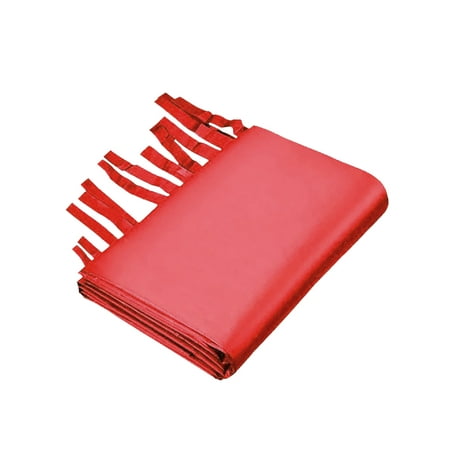
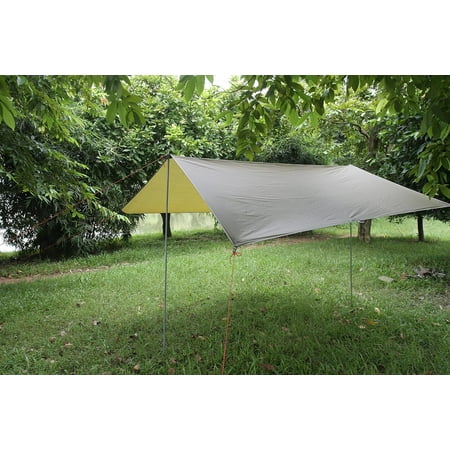
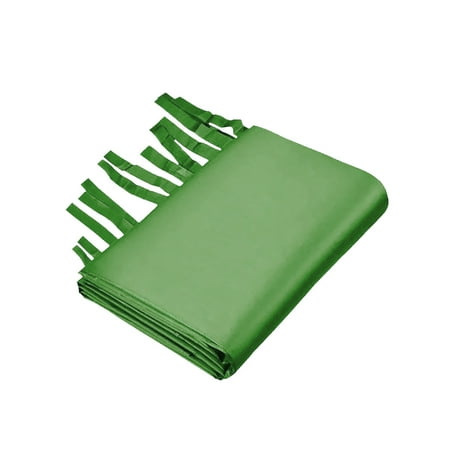
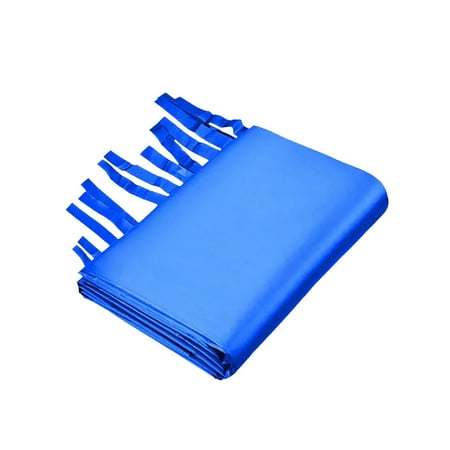
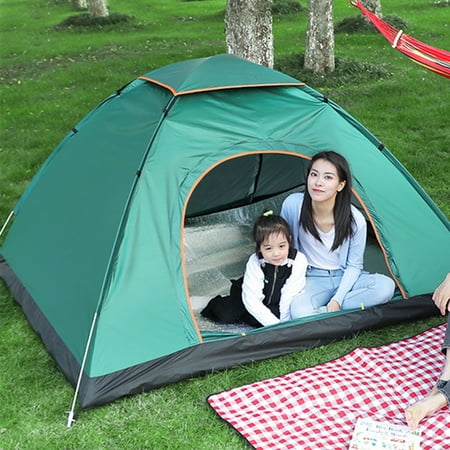
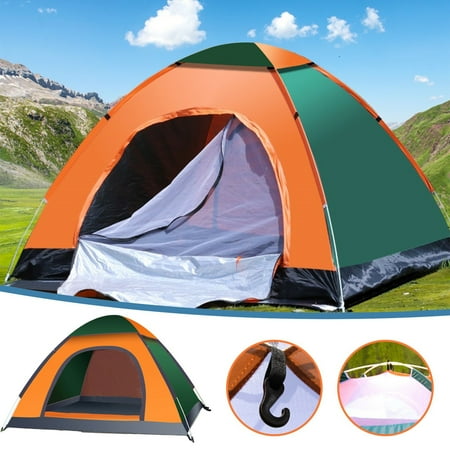
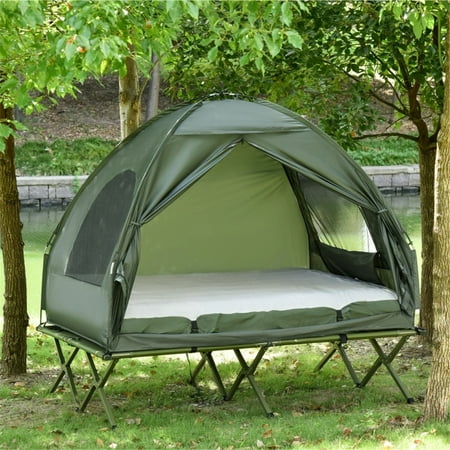
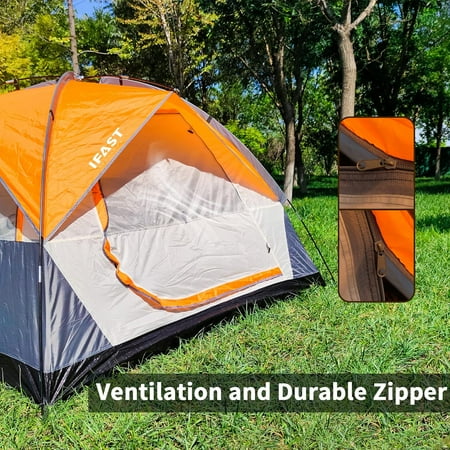
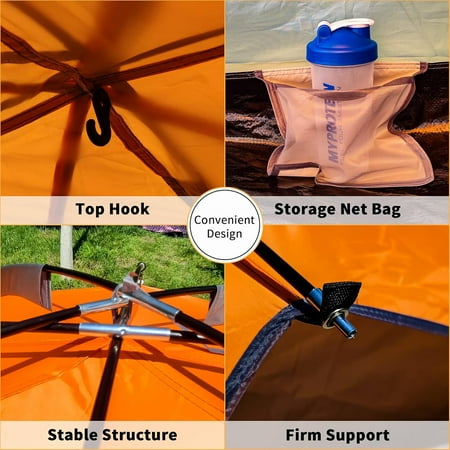
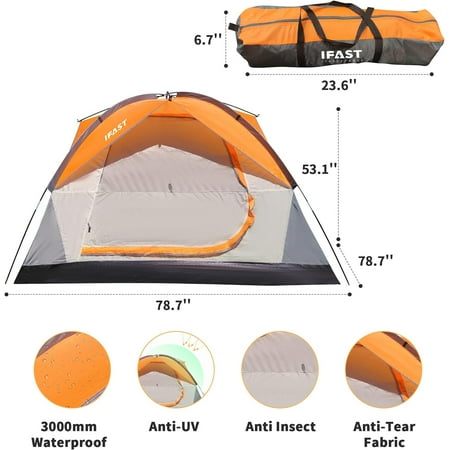

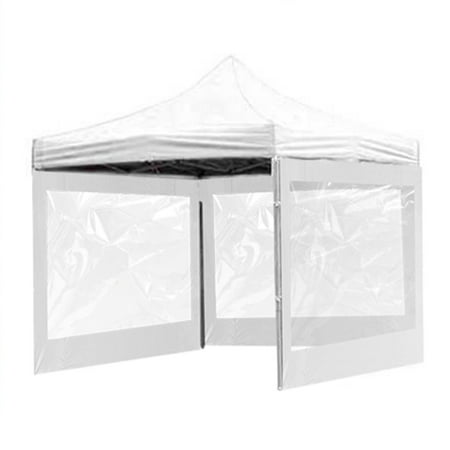

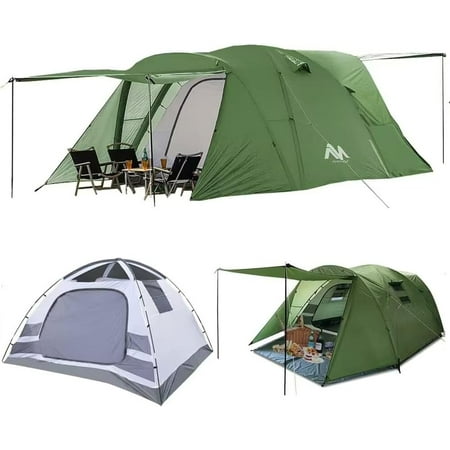
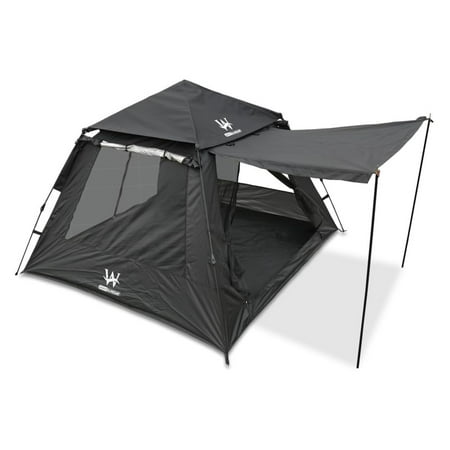
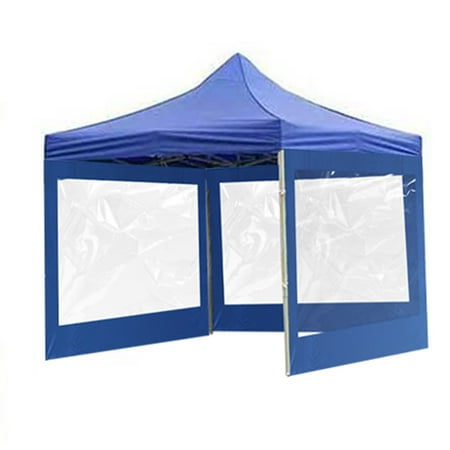
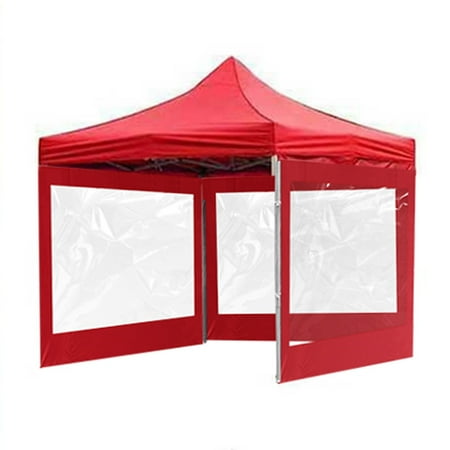
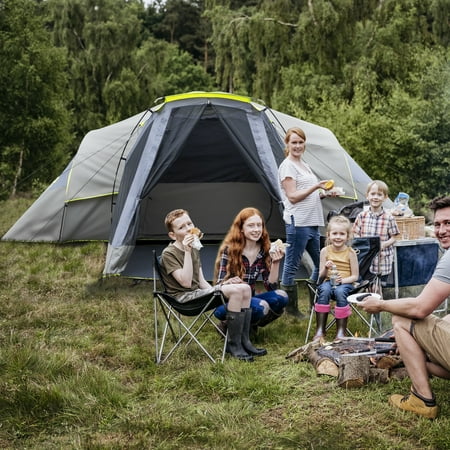
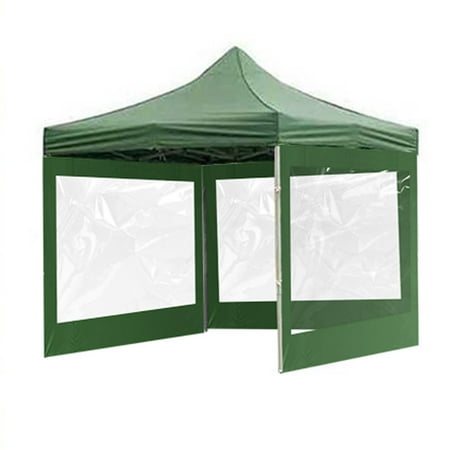
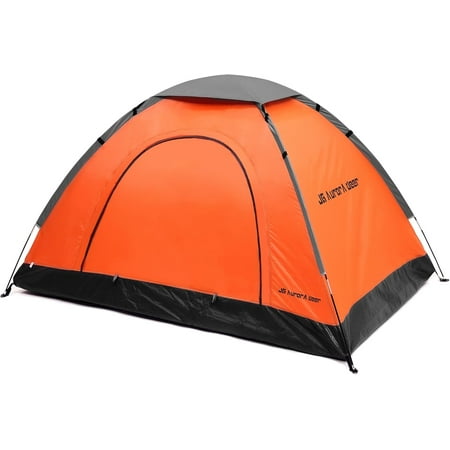
Is Your Toddler Ready for Camping?
Let’s be real—some toddlers are ready to sleep under the stars, chase fireflies, and eat dinner out of a mess kit. Others? They’re still figuring out how not to lick the floor in a restaurant. So before you start packing the marshmallows and rolling up the sleeping bags, it’s worth asking: is your toddler ready for tent camping?
The answer isn’t always black and white. Some kids thrive in new environments. Others cling to routine like a security blanket (which, by the way, you should absolutely bring). In my experience, the key is watching how your toddler handles change, stimulation, and being away from home for extended periods.
A Few Signs Your Toddler Might Be Camping-Ready:
- They’re okay sleeping somewhere other than their own bed (grandma’s house counts!)
- They’ve done a full day outdoors without major meltdowns
- They show curiosity about nature, bugs, birds, or just getting messy
- They can follow simple safety instructions, like “stay near Dad” or “don’t touch the fire”
- You’re okay with lowering your expectations a little—and embracing the unpredictability
Now, if your little one isn’t quite there yet? No problem. Tent camping with toddlers doesn’t have to be all or nothing. You can ease into it.
Test the Waters First
Before committing to a full weekend trip:
- Try a backyard or living room “campout” with the tent
- Take a half-day nature trip and watch how your toddler reacts
- Do a one-night stay at a local campground that’s close to home
That way, you can troubleshoot things like bedtime transitions, outdoor potty logistics, and how to keep them entertained without screen time. Plus, it helps build excitement: “We’re going to sleep in the tent like we did in the yard, only this time with real trees!”
What You Need to Be Ready For
Let’s not sugarcoat it—camping with young kids is different from camping solo or even with older kids. You’ll need:
- A flexible mindset (Plans will change. More than once.)
- A backup plan (or three)
- Patience. And snacks. Lots of snacks.
- The ability to laugh off minor chaos—because there will be minor chaos
The good news? When your toddler is ready—and when you’re ready to go with the flow—the rewards are huge. Nature becomes your playground, your routine slows down, and your little one gets to explore a world that feels big, magical, and safe because you’re right there with them.
Choosing the Right Campsite
When you’re tent camping with toddlers, your campsite isn’t just where you sleep—it’s where your kid will play, eat, explore, and maybe throw a pinecone or two. In other words, your site needs to work for them, not just look pretty on a brochure.
The perfect toddler-friendly campsite is all about safety, proximity, and comfort. Sure, you might be tempted by those remote, scenic sites by the edge of a bluff—but when you’re chasing a diaper-clad explorer with zero fear and sticky fingers, trust me: closer and flatter is better.
Look for Sites Close to the Essentials
- Bathrooms: Ideally, you want to be near a clean, accessible restroom—close enough for emergency potty runs, but not so close that you’re downwind.
- Water Sources: Having potable water nearby makes life so much easier—especially for cleaning hands, bottles, and sippy cups.
- Parking: Try to snag a site that’s close to where you park. Toting gear and a toddler half a mile down a trail? No thanks.
We once picked a site that looked quiet and cozy on the map… until we realized we had to carry everything uphill. I had a toddler in one arm, a cooler in the other, and somehow still managed to trip over a tent pole. Lesson learned.
Flat, Shaded Ground Is Gold
Flat ground means better sleep. No rolling into the side of the tent or dealing with uneven air mattresses. It also creates a safer play space for little legs learning to balance. Shade is another big one—toddlers overheat quickly, and you’ll want a place where they can cool off, nap, or chill with a snack out of the sun.
Pro tip: Check campground maps and satellite views ahead of time to get a sense of tree cover and terrain.
Steer Clear of Hazards
Here’s where your inner “safety radar” needs to kick in:
- Avoid sites right next to steep drop-offs, fast-moving water, or dense brush where critters like to hang out.
- Check that your fire ring is a safe distance from your tent, and see if there’s enough room to move around without tripping on roots or rocks.
- Be cautious of sites that are too close to high-traffic roads or playgrounds if you’ve got a runner on your hands.
Quiet Zones Make a Difference
Look for sites in designated quiet areas, especially if your toddler needs help winding down at night. While it might be tempting to camp near the activity center or lake, those spots can get noisy after sunset—and nobody wants a toddler waking up at midnight because of someone’s guitar solo.
At the end of the day, the best site for tent camping with toddlers isn’t the most rugged or remote—it’s the one that makes your life easier and your child’s experience magical. Think safe, shaded, and close to comfort. The fewer obstacles you have to navigate, the more you can focus on what matters: making memories together.
Gear That Makes Life Easier
Let me be clear: you don’t need to bring your entire nursery to go tent camping with toddlers, but having the right gear can turn a stressful trip into a smooth ride—or at least a controlled wobble. After a few trial-and-error adventures, I’ve found a solid middle ground between “packing light” and “being prepared for anything a toddler can throw (or spill).”
Here’s what I now consider non-negotiable toddler camping gear, plus a few bonus items I didn’t know I needed—until I did.
1. A Spacious, Easy-Up Tent
Your toddler is going to move around. A lot. You’ll want a tent that gives you room to stand, sit, and stretch—not just sleep. Look for:
- Tall ceilings so you’re not crouching like Gollum at bedtime
- Easy setup (because nobody wants a puzzle at dusk)
- Separate “rooms” or dividers if you’re camping with multiple kids
Our tent has a little vestibule area where we store wet shoes and snacks out of reach—lifesaver.
2. Safe and Comfortable Sleeping Arrangements
This one’s big. You’ve got a few toddler sleep options:
- Toddler air mattress (with raised edges if your kid’s a roller)
- Travel cot or camping crib
- Shared sleeping pad with a parent (snuggly, but not great if you’re a light sleeper)
Bring the same blanket or sleep sack they use at home if possible—it smells like comfort. And don’t forget a familiar pillow or stuffed animal. We once forgot my son’s favorite plush sloth, and bedtime turned into a 90-minute negotiation.
3. Portable High Chair or Booster Seat
Feeding a toddler on a log bench is like juggling spaghetti with your hands. A foldable booster seat that straps to a picnic table or stands on its own? Worth its weight in granola bars.
Bonus: It gives your kid a “home base” at mealtime, and keeps you from chasing a grape across the gravel every 10 seconds.
4. White Noise Machine or App
Tents are noisy. Birds, chipmunks, wind through the trees, other campers—all of it can keep a toddler wired. A battery-operated white noise machine (or your phone with a downloaded app and portable speaker) can mimic their bedtime routine and block out distractions.
5. Toddler-Safe Bug Spray, Sunscreen & Headlamp
I always keep a “kid kit” with:
- DEET-free bug spray (check for age recommendations)
- Mineral-based sunscreen
- A toddler-size headlamp or glowstick (they love it, and it helps with midnight bathroom trips)
And yes, I’ve had a toddler fall asleep with a glowstick in hand like it was a teddy bear. No regrets.
6. The “Just-In-Case” Items
These may not seem essential—until they are:
- Extra clothes (think 2 outfits per day minimum)
- Wet wipes, wipes, and more wipes
- Waterproof blanket or picnic mat
- Zip-top bags for dirty clothes or half-eaten snacks
- Emergency snack stash for meltdown prevention
When tent camping with toddlers, don’t worry about having everything—focus on having what matters most for sleep, food, comfort, and safety. A little prep goes a long way, and the right gear doesn’t just make camping doable—it makes it fun.



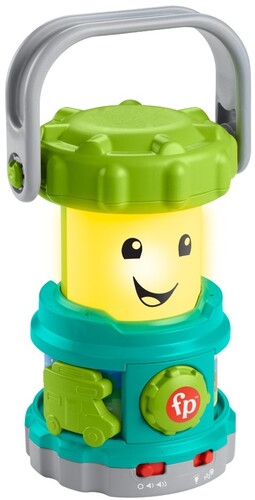






Routines That Keep the Peace
If there’s one thing I’ve learned from tent camping with toddlers, it’s that toddlers thrive on routine—even when you’re 40 miles from the nearest nightlight. And while camping is all about breaking free from the daily grind, the truth is: keeping a few key routines in place can save your sanity (and everyone’s sleep).
You don’t have to stick to a rigid schedule, but having some structure—especially around meals, naps, and bedtime—gives toddlers a sense of security in an unfamiliar environment. Think of it as camping with a rhythm, not a minute-by-minute itinerary.
1. Keep Bedtime Familiar (Even in a Tent)
The forest may be new, but bedtime doesn’t have to be. When the sun goes down:
- Use the same sleep items from home: blanket, stuffed animal, pajamas
- Stick to a simplified version of your normal routine (story, lullaby, brush teeth—even if it’s with a headlamp!)
- Dim lanterns or use soft glowsticks to simulate “lights out”
- Play the same white noise they fall asleep to at home
We once tried skipping storytime thinking our son would be too tired to care—big mistake. He was still wide-eyed at 10 p.m., asking where his “camp book” was.
2. Stay Steady with Meal and Snack Times
A hangry toddler is a ticking time bomb. Try to keep meals close to your usual times, and pack double the snacks you think you’ll need. Healthy finger foods work great at camp—think bananas, pouches, and crackers.
Dad tip: Have one “fun snack” that’s only for campouts—like mini marshmallows or animal crackers. It keeps things special and works great as a meltdown defuser.
3. Make Naps Work for You
Some toddlers nap in a tent like they were born to it. Others… not so much.
A few tricks that have worked for us:
- Create a dark, quiet space inside the tent with a blanket draped over the top
- Use white noise to mask campground chatter
- Go for a car ride nap if all else fails
- Embrace the “quiet time” compromise—even if they don’t sleep, give them 30–45 minutes of calm with a book or soft toy
The truth is, naps won’t be perfect. But a little downtime can help reset everyone’s mood.
4. Keep a Predictable Flow to the Day
Kids love knowing what comes next—even at camp. I like to stick to a basic 4-part rhythm:
- Morning movement (short hike, explore the site)
- Midday rest (snack, shade, coloring or reading)
- Afternoon activity (playground, scavenger hunt)
- Evening wind-down (early dinner, campfire, bedtime routine)
Having a predictable flow helps reduce toddler frustration and makes transitions smoother. Plus, it helps you feel like the day didn’t just unravel into chaos by 3 p.m.
5. Don’t Stress the Small Deviations
Yes, your toddler might stay up a little later. Yes, they might eat a hot dog while sitting in dirt. Yes, they might cry because a squirrel looked at them wrong.
It’s okay.
Camping isn’t about being perfect—it’s about building resilience, joy, and memories together. And when you hold onto the familiar pieces of home—even loosely—you’re giving your toddler a soft landing in a wild new world.



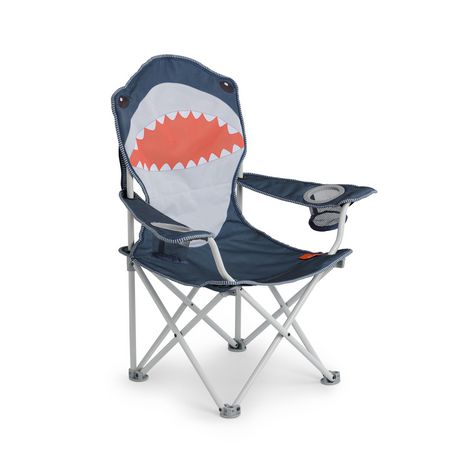






Activities Toddlers Can Actually Do
If you’ve ever tried to explain “relaxing by the fire” to a toddler, you know that’s not a concept they’re ready to grasp. Toddlers need to move, explore, and play—constantly. So when you’re tent camping with toddlers, having a handful of go-to activities can make the difference between peaceful afternoons and chaos fueled by crushed Goldfish crackers.
The good news? Nature is the best playground there is. And with a little creativity (and maybe a few back-pocket tricks), you can turn any campsite into a toddler wonderland.
1. Nature Walks (Toddler Style)
This isn’t a 2-mile hike through elevation—it’s more like a 50-foot meander at a snail’s pace. Let them lead the way. Pick up leaves, follow ants, examine every rock like it’s a rare treasure.
Tip: Bring a small paper bag or plastic jar for collecting “camp treasures.” My kids love showing off their pinecone collections when we get home.
2. Leaf and Rock Art
At the picnic table or a flat stump, bring out:
- Washable markers or crayons
- Paper for rubbings or drawings
- Glue sticks (if you’re brave) for collages
It’s simple, screen-free, and surprisingly calming—even for toddlers with wild energy.
3. Water Play (Supervised!)
If your site has a shallow stream, bring water shoes, small buckets, and plastic cups. Pouring, splashing, and watching leaves float downstream can entertain them for ages.
Don’t have water nearby? Create a mini sensory bin with water and nature finds—twigs, pebbles, and flower petals.
4. Campground “Helping” Jobs
Toddlers love to feel useful. Give them little tasks like:
- Gathering kindling (safe sizes only)
- Helping stir trail mix or pass out snacks
- Packing their own small backpack with essentials
- Holding a flashlight during tent setup (even if it’s mostly for giggles)
These jobs boost their confidence and help them feel like a true part of the adventure.
5. Story Time and Songs Around the Fire
Evenings are the perfect time for quiet bonding. Bring a couple of favorite books or tell your own stories. I like to use stuffed animals as “characters” in silly camping tales—it keeps the kids hooked and usually ends in laughter.
Campfire singalongs with classic kid songs or made-up tunes are a hit too. Bonus points if you bring a mini tambourine or maraca.
6. Glowstick Games
This one’s gold for keeping kids safely visible and entertained after dark:
- Glowstick hide-and-seek
- Dancing with glow necklaces
- Making shapes or tossing them like rings
We even hang them inside the tent like a mini light show—toddler rave vibes, but wholesome.
The truth is, toddlers don’t need fancy gear or scheduled programming. When you’re tent camping with toddlers, they just need a chance to move, explore, and feel connected—to the outdoors and to you. Your attention, a few simple tools, and some creativity go a long way toward filling their little memory banks with big adventures.
When (Not If) Things Go Sideways
Let’s get something straight—tent camping with toddlers isn’t always Instagram-worthy. No matter how well you prepare, something is bound to go sideways. And you know what? That’s okay. The key isn’t preventing chaos (spoiler alert: you can’t), but knowing how to bounce back with patience, flexibility, and maybe a snack or two.
I’ve had trips where the air mattress deflated, the baby got bit by a mosquito right on the forehead, and someone (me) forgot the diapers in the car. But somehow, even those moments turned into part of the story—and surprisingly, part of the joy.
1. Meltdowns Happen—Have a “Calm Down Kit”
Sometimes it’s just too much—new sights, strange sounds, missed naps. I keep a small drawstring bag in my pack with:
- A comfort item (favorite stuffed animal or blanket)
- A sealed snack (something they don’t get at home often)
- A quiet toy or board book
- Headphones with soft music or white noise
Find a quiet spot away from the activity and sit with them. No lectures, no pressure—just breathing space.
2. Expect the Unexpected (and Laugh When You Can)
One time, my daughter screamed because her shadow followed her around the tent. Another trip, my son cried for 15 minutes because he dropped a marshmallow in the dirt and “the raccoons were going to eat it first.” Did I expect either of those things? Nope. But they’ve become core memories we still laugh about.
The best thing you can do in the moment? Stay calm. Toddlers feed off your energy. A relaxed “Hey buddy, it’s okay” goes further than you think.
3. Don’t Be Afraid to Pivot
Sometimes the plan just doesn’t work:
- They refuse to nap? Go for a car ride.
- Rain ruins the hike? Tell stories in the tent with a flashlight.
- The first night’s rough? Book just one night and leave the option open.
Camping doesn’t have to be “all in.” It can be a short trip, a practice run, or even a turn-back-early kind of weekend. That’s still a win.
4. Accidents, Aches, and Emergency Wipes
Toddlers are magnets for scrapes, stings, and sticky everything. Bring:
- A well-stocked first aid kit (band-aids, antiseptic wipes, allergy meds)
- Wet wipes and sanitizing cloths—don’t skimp!
- Spare clothes, and then spare clothes for your spare clothes
- Trash bags for quick cleanup duty
Bonus item? A waterproof picnic blanket that becomes a toddler-changing station, snack mat, and meltdown island all in one.
5. Let Go of Perfection
You might not get the peaceful sunset, the ideal photo, or a full night of sleep. But you will get connection. When you lean into the mess, the noise, and the surprises, you create something real—and your toddler feels it.
They won’t remember the meltdown over the snack. But they’ll remember snuggling in a tent while the rain gently tapped on the roof. They’ll remember chasing fireflies, warm cocoa in hand, cheeks dirty from s’mores.
Tent camping with toddlers isn’t about everything going right—it’s about embracing what goes wrong with a spirit of adventure and a sense of humor. Chaos is part of the journey. And honestly? It’s usually the part they remember.
Why It’s All Worth It
At some point during every camping trip with a toddler—usually while wrestling a marshmallow-smeared hoodie into a plastic bag—you’ll ask yourself, “Why did we think this was a good idea?”
And then something small happens.
Your little one points up at the stars and whispers, “Wow.”
They reach for your hand as you walk down a wooded path.
They giggle uncontrollably while trying to zip up their own tiny sleeping bag.
That’s when it hits you: this is why you do it.
1. You’re Building Core Memories—For You and Them
They may not remember the name of the campground or how many times they tripped over the tent line, but they’ll remember how it felt. Safe. Fun. Different from everyday life. Full of wonder and love.
And you’ll remember everything—their muddy smiles, the way they whispered “goodnight, trees,” and how you both collapsed into the sleeping bag after a full day of fresh air and play.
2. You’re Teaching Them to Love the Outdoors Early
Kids who camp early grow up seeing nature not as a scary, distant thing—but as a playground, a classroom, and a place to breathe. That connection stays with them. It helps them slow down, ask questions, and feel at home under a big open sky.
Every night under the stars, every rock pile, every bug they chase—those are the building blocks of a lifelong love of the outdoors.
3. You’re Showing Them They Can Handle New Things
Toddlers like routine, sure—but they also love discovering what they can do. Camping gives them the space to explore safely, build confidence, and feel like part of the team. Setting up a tent, collecting kindling, helping with lunch—these moments tell them: “You belong out here too.”
4. You’re Making Real Family Time Count
No screens. No schedules. No rush. Just time—real, undistracted time to be together. You’ll laugh. You’ll get a little frustrated. And at some point, you’ll realize you haven’t checked the time in hours. That’s when you know you’re doing it right.
5. You’re Writing the First Chapter of a Lifelong Adventure
Tent camping with toddlers may start out as chaos. But with every trip, it gets a little easier—and a lot more magical. One day, that toddler will grow into a kid who begs to go camping. Then a teen who knows how to build a fire. Then maybe even an adult who calls you to say, “Hey Dad, wanna go camping this weekend?”
And you’ll remember exactly where it all started.
From Chaos to Core Memory
If there’s one thing I want you to take away from all this, it’s that tent camping with toddlers doesn’t have to be perfect to be powerful. It might be messy, loud, and unpredictable—but it’s also where some of the best family memories are made.
Will there be tantrums? Yes.
Will there be dirt in places you didn’t think dirt could go? Absolutely.
But there will also be giggles around the campfire, tiny feet stomping through the woods, and sleepy smiles under a blanket of stars.
Camping with toddlers is a wild mix of discovery and delight. And the more you embrace the imperfections, the more joy you’ll find hidden inside the chaos.
So go ahead—pack the extra snacks, bring the backup pacifier, and don’t forget the wipes (trust me on that one). You’ve got this. And when you’re watching your little one fall asleep in a tent, dreaming of owls and s’mores and daddy’s silly camp songs, you’ll know it was all worth it.
Here’s to your first—or next—adventure.
From one parent to another: happy trails, and don’t forget the marshmallows.
—Mike “The Family Camper”



















